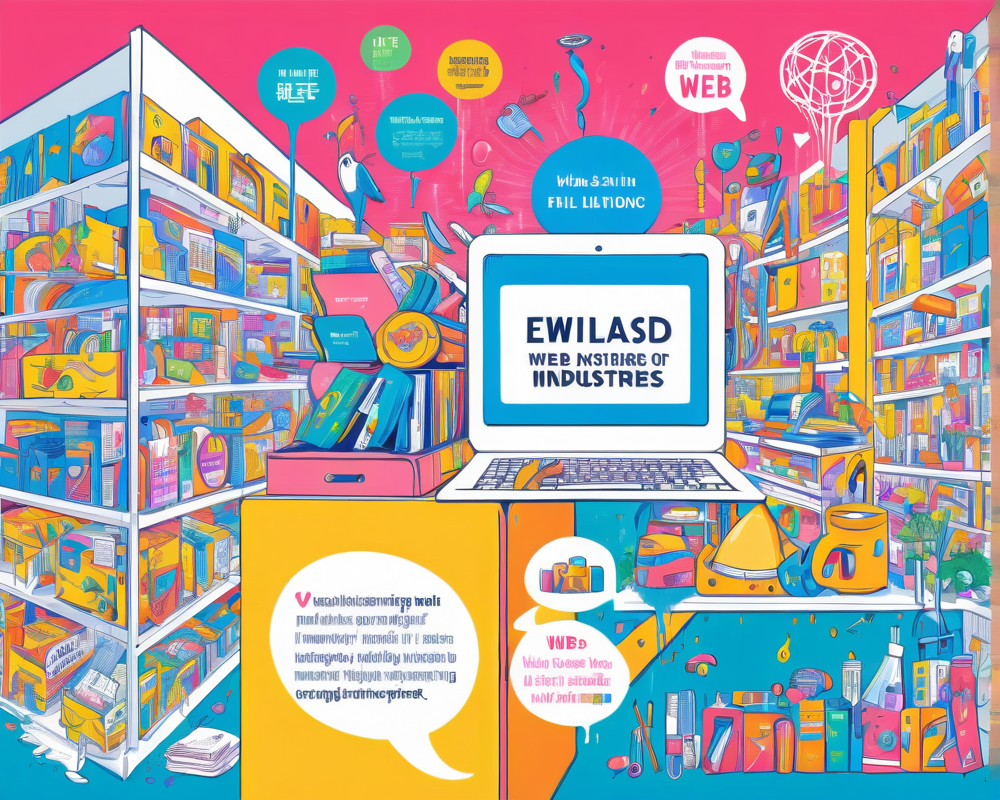The Challenge of Ethical Standards
At Paris Blockchain Week 2023, a lively discussion unfolded on the ethics surrounding Web3, led by Moojan Ashghari, co-founder of Thousand Faces Web3 investment club. Moojan aptly pointed out that the ethical standards often struggle to keep pace with technological advancements. “This is the biggest challenge of ethics — what are the right questions to ask ourselves today in order to make sure that the technology doesn’t harm us in the near or far future?”
Innovation Before Ethics
The panelists dove headfirst into the realities of innovation, highlighting how ethical frameworks frequently lag behind. Margaux Frisque, a legal adviser for the Women in Web3 Association, spotlighted the upcoming Markets in Crypto-Assets (MiCA) framework. She noted that MiCA is a positive example of how past experiences shape ethical behavior into law, requiring businesses to clearly separate client funds from their own bank accounts.
- This adherence to ethics is set to become standard practice across the EU.
- It’s crucial for fostering both protection for individuals and the integrity of innovation.
From Ethics to Law: A Case Study
The panel discussed the evolution from ethical considerations to concrete legal frameworks. Margaux emphasized MiCA as a model that will illuminate how good intentions can manifest into law, aiming to protect the public from potential mishaps in the crypto realm.
Historical Lessons: The FTX Scandal
Loic Brotons, CEO of Galeon, shared an astute observation regarding the intertwining of innovation and ethics. He used the infamous FTX scandal as a stark reminder that poor practices can prompt the need for ethical reforms. “Mixing innovation and ethics is a bit complicated. Usually, innovation comes first, and sometimes we have really bad things happen. After comes the ethics because we look at what the innovation has done,” he said.
Shifting Towards Verification
Loic critiqued the prevailing culture in crypto exemplified by the FTX debacle, where trust was misplaced. Referring to Satoshi Nakamoto’s principle of “don’t trust, verify,” he argued that the lack of verification led to widespread issues. In response to this, exchanges are increasingly issuing proof-of-reserves, enabling users to track where their money goes.
Conclusion
As Web3 continues to integrate into mainstream sectors, the dialogue around its ethical implications becomes not only necessary but urgent. Balancing technological innovation with a robust ethical framework will be crucial as we craft the future of the digital economy.




